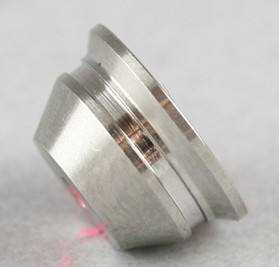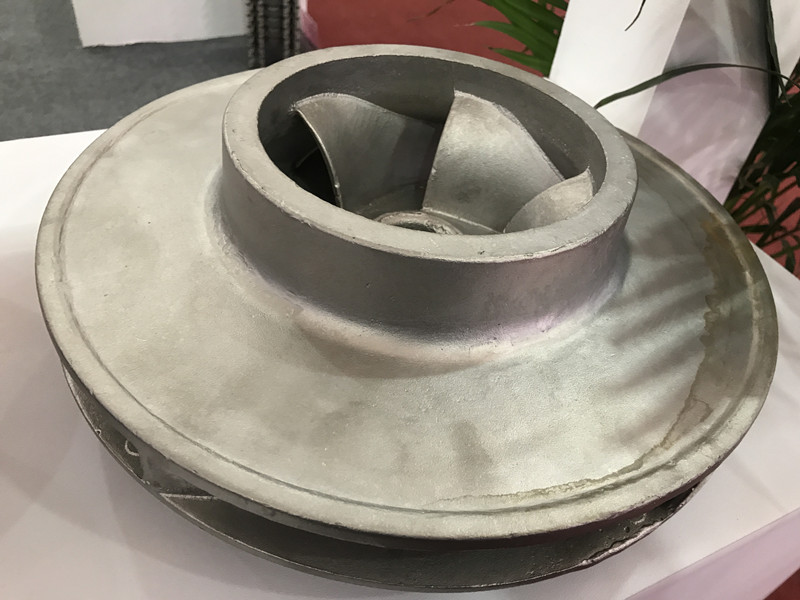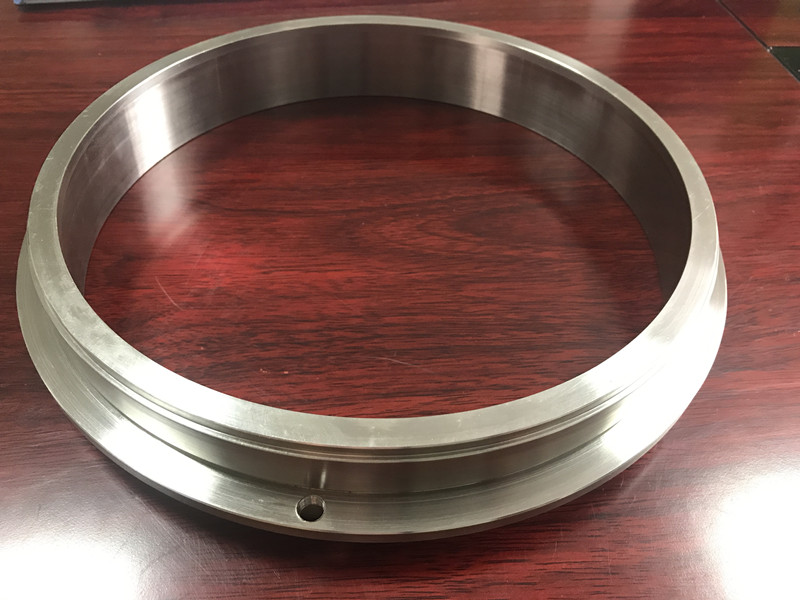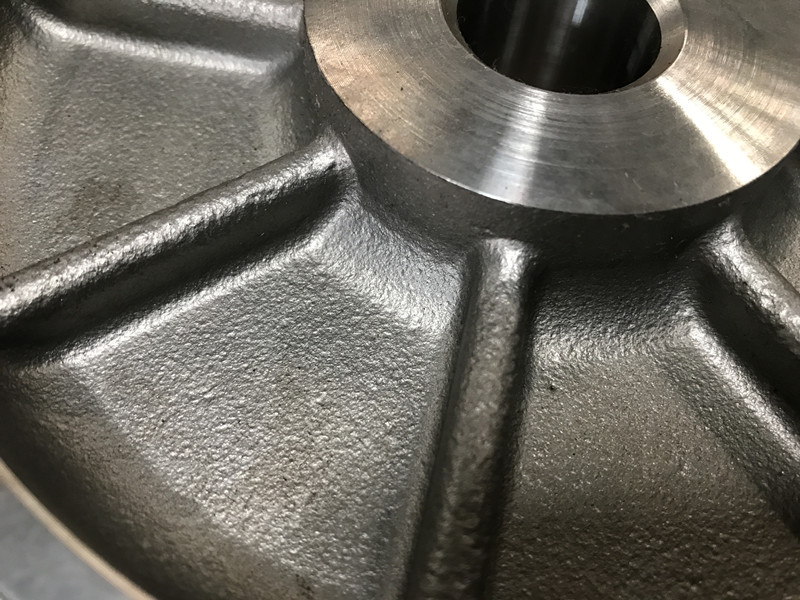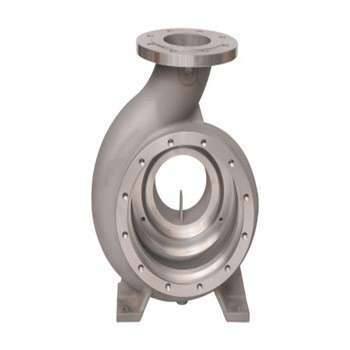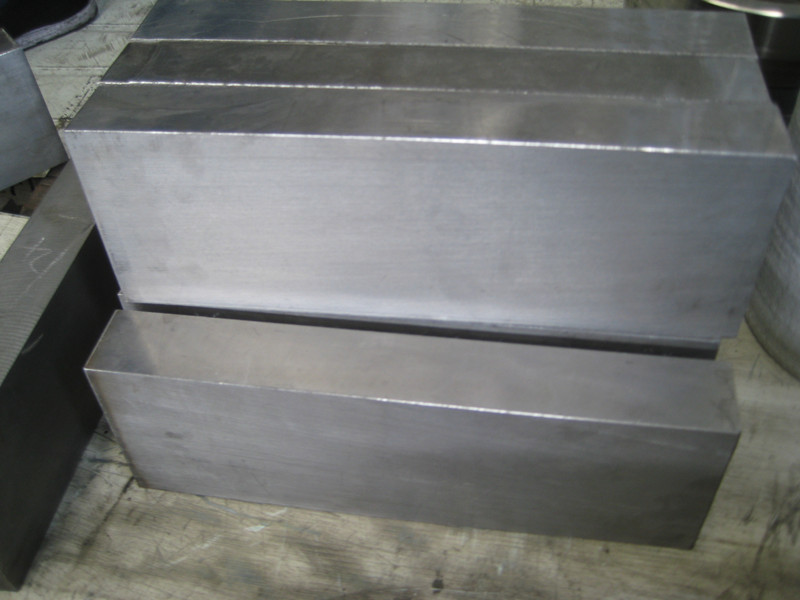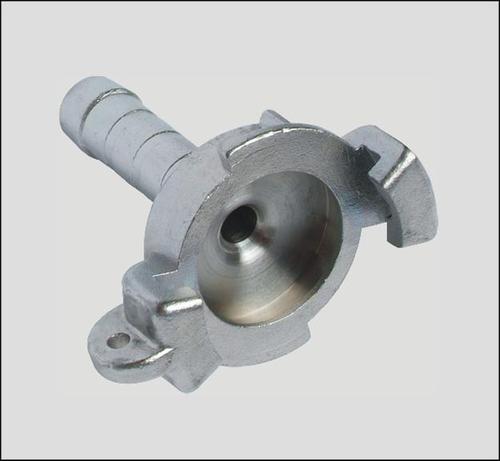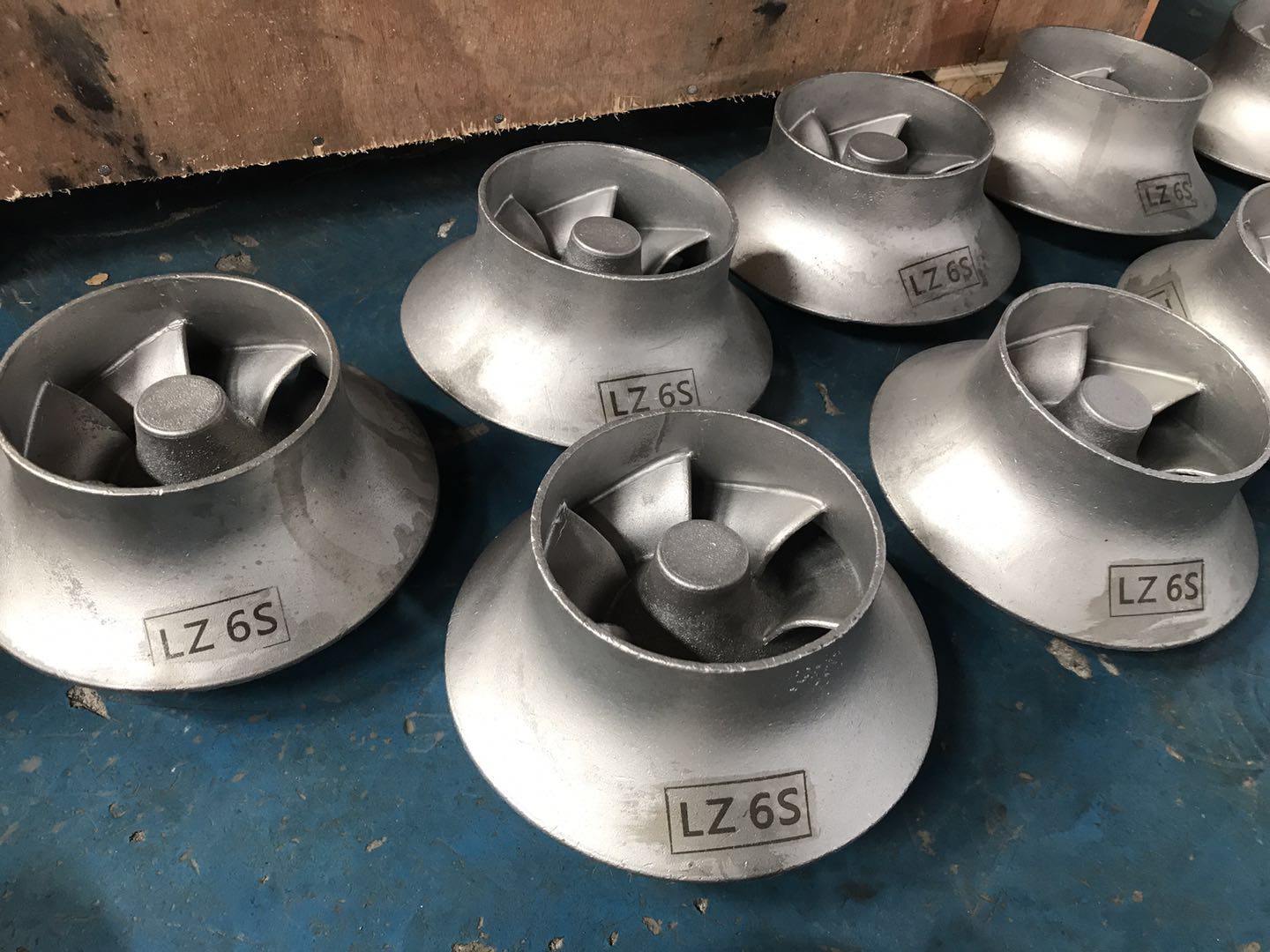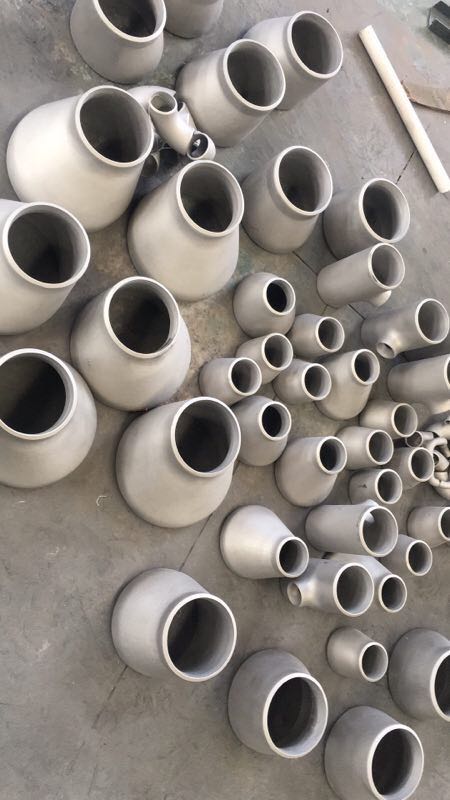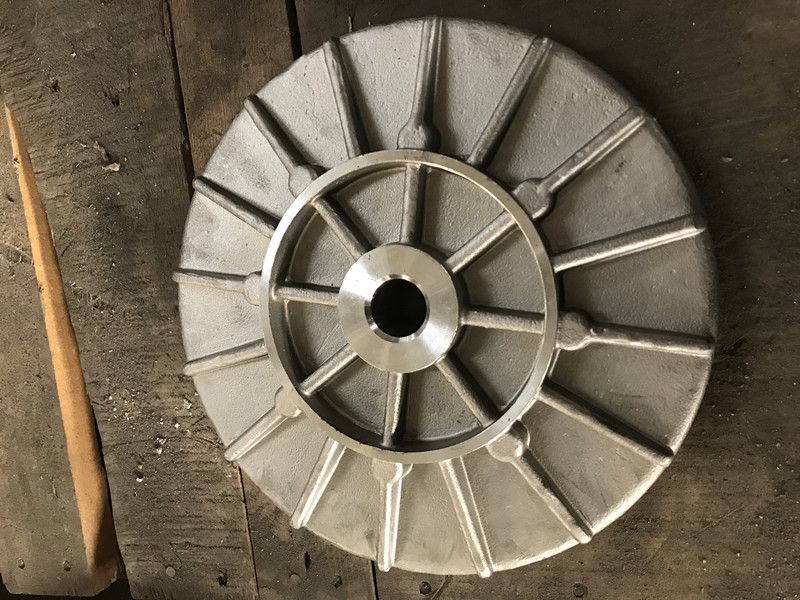
17-4PH alloy is a precipitation, hardening, martensitic stainless steel composed of copper, niobium/columb. This grade has high strength, hardness (up to 300º C/572º F) and corrosion resistance. After heat treatment, the mechanical properties of the product are more perfect, and can reach a compressive strength of up to 1100-1300 mpa (160-190 ksi). It cannot be used at temperatures higher than 300º C (572º F) or very low temperatures. It has good corrosion resistance to the atmosphere and diluted acids or salts. Its corrosion resistance is the same as 304 and 430.
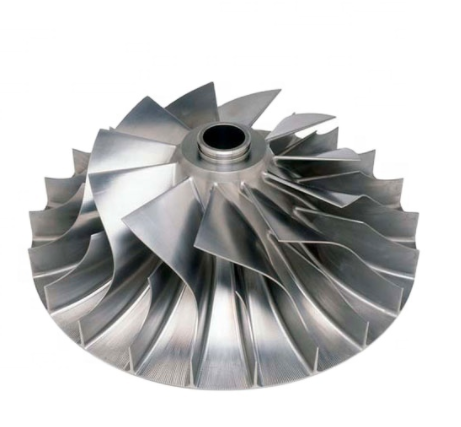
Description: 0Cr17Ni4Cu4Nb is a precipitation, hardening, martensitic stainless steel composed of copper and niobium/columb. This grade has high strength, hardness (up to 300º C/572º F) and corrosion resistance. After heat treatment, the mechanical properties of the product are more perfect, and can reach a compressive strength of up to 1100-1300 mpa (160-190 ksi). Application field: · Offshore platforms, helicopter decks, other platforms · food industry · Pulp and Paper Industry · Aerospace (turbine blades) · machinery parts · Nuclear Waste Barrel
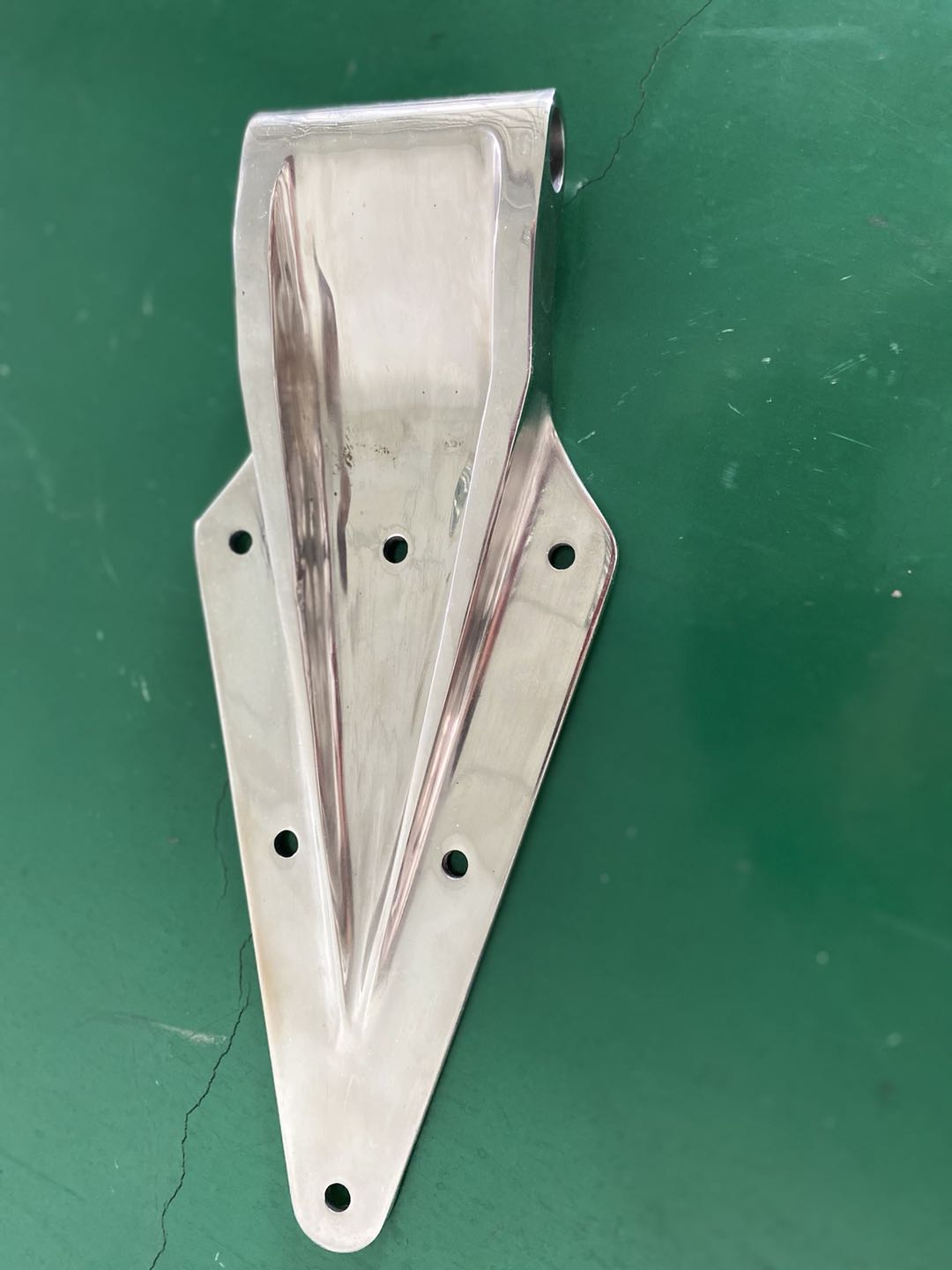
Description: 316L is a low carbon-chromium-nickel-molybdenum austenitic stainless steel with good strength and excellent corrosion resistance, as supplied in the annealed condition with a typical brinell hardness of 175.Characterised by high corrosion resistance in marine and industrial atmospheres, it exhibits excellent resistance to chloride attack and against complex suphur compounds employed in the pulp and paper processing industries. The addition of 2% to 3% of molybdenum increases its resistance to pitting corrosion and improves its creep resistance at elevated temperatures. The low carbon content reduces the risk of intergranural corrosion (Due to carbide precipitation) during welding, reducing the need for post weld annealing. Finally it displays good oxidation resistance at elevated temperatures. 316L cannot be hardened by thermal treatment, but strength and hardness can be increased substantially by cold working, with susequent reduction in ductility. It is now available wit


